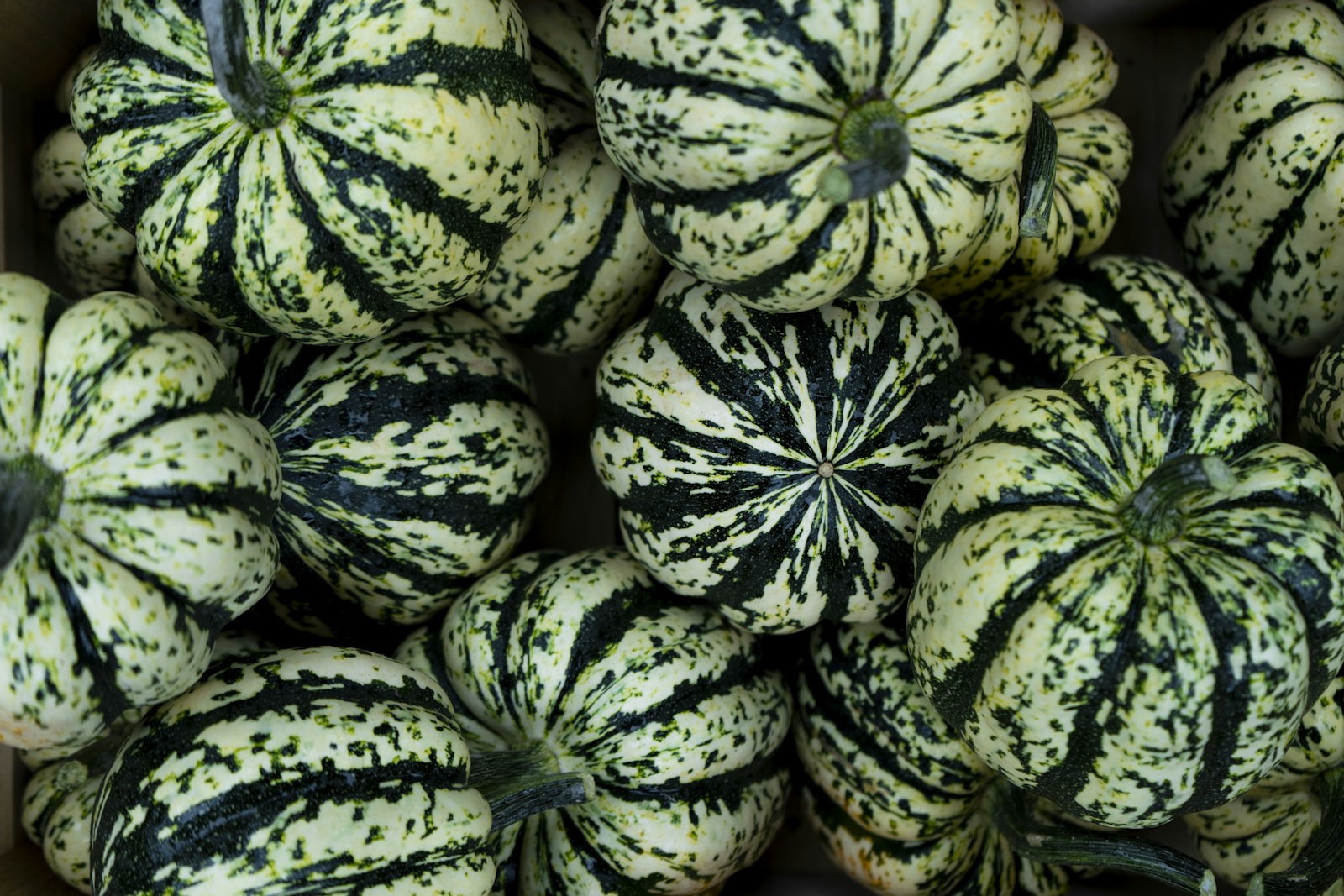
蔬菜
shūcài

vegetables
This term refers to vegetables in general. Chinese cuisine includes a wide range of vegetables in their dishes.
Example sentences using: 蔬菜
这是我家的蔬菜园。
Zhè shì wǒ jiā de shūcài yuán.

This is my family's vegetable garden.
In this sentence, the word '蔬菜' (vegetable) is used to describe the kind of garden the family has. The phrase can be used to talk about your family's vegetable garden.
我的家庭喜欢吃蔬菜。
Wǒ de jiātíng xǐhuān chī shūcài.

My family likes to eat vegetables.
Here, '蔬菜' (vegetable) is the object, indicating what the speaker's family likes to eat. It's a good phrase to express the eating habits of your family.
家里的蔬菜都是爸爸种的。
Jiā lǐ de shūcài dōu shì bàba zhǒng de.

The vegetables at home are all grown by dad.
The sentence uses '蔬菜' (vegetable) to tell about the source of the family's vegetables. It could be used when talking about family activities or responsibilities.
我们家的蔬菜炒得非常好。
Wǒmen jiā de shūcài chǎo dé fēicháng hǎo.

The vegetables cooked at our home are very good.
In this phrase, '蔬菜' refers to the vegetables that are cooked at home. The sentence could be used when commenting on the quality or taste of the food cooked at home.
我姐姐不喜欢吃蔬菜。
Wǒ jiějiě bù xǐhuān chī shūcài.

My sister doesn't like to eat vegetables.
This phrase uses '蔬菜' (vegetable) to describe something the speaker's sister doesn't like. You can use this kind of sentence to talk about family members' preferences.
我弟弟是个蔬菜挑食者。
Wǒ dìdì shìgè shūcài tiāo shí zhě.

My brother is a picky eater of vegetables.
In this sentence, '蔬菜' is used to describe what the speaker's brother is picky about. It's a good phrase to describe someone's eating habits or preferences.
爷爷每天都要吃蔬菜。
Yéyé měitiān dūyào chī shūcài.

Grandpa eats vegetables every day.
This sentence uses '蔬菜' as the object that grandpa consumes every day. It's a good phrase to communicate daily routines or habits of family members.
奶奶在厨房洗蔬菜。
Nǎinai zài chúfáng xǐ shūcài.

Grandma is washing vegetables in the kitchen.
In this phrase, '蔬菜' stands for what the grandma is washing. It can be used to describe what someone is doing, especially related to cooking or food preparation.
吃蔬菜对我们整个家庭都很好。
Chī shūcài duì wǒmen zhěnggè jiātíng dōu hěn hǎo.

Eating vegetables is good for our whole family.
This phrase uses '蔬菜' to mention how eating vegetables can benefit one's family. It is a good example to use when talking about health and nutrition in the context of your family.
妈妈正在准备蔬菜晚餐。
Māmā zhèngzài zhǔnbèi shūcài wǎncān.

Mom is preparing a vegetable dinner.
This sentence indicates that the mother is preparing a dinner that contains vegetables ('蔬菜'). This phrase could be used to talk about meal preparation in your family.